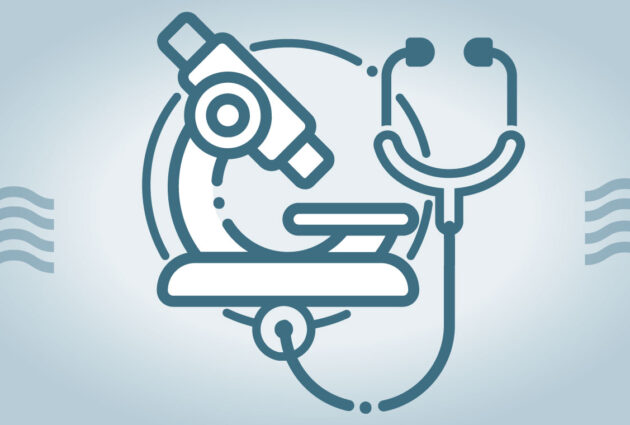Straight Forward: The Truth About Addiction
We can already see our message is having a powerful impact. Besides gaining understanding, kids are now showing the courage to have conversations about their use or risk for use, and we believe that’s a step in the right direction.
– Jon Henkes, WisEye director
At a Glance
Through this project, Wisconsin middle and high schools showed the film titled Straight Forward: The Truth About Addiction and developed and used the accompanying curriculum. The project’s ultimate goal was to create awareness about Wisconsin’s addiction crisis and empower young people and their families with information and inspiration to live sober and successful lives.
WisconsinEye staff presented the film to more than 12,000 students statewide in all-school assemblies, and thousands of students were engaged in post-film conversations with addiction prevention specialists. Lesson plans and complimentary video materials were created and packaged around the film for further learning. In addition, the film was viewed directly off the WisconsinEye website more than 3,500 times.
The Challenge
Every community in Wisconsin is affected by the complex problem of opioid addiction, and in 2016, opioid overdoses claimed 827 lives in Wisconsin, up from 333 in 2006. A multifaceted approach that centers on education and prevention, as well as treatment and recovery, is needed in order to address this growing issue.
Project Goals
The primary goal of this project was to address the disease of addiction and educate Wisconsin middle and high school students of the physical, psychological, familial, and societal implications of addiction to drugs and alcohol, and empower and encourage them to make healthy choices for strong futures. The grantees sought to reach as many middle and high school students as possible within school showings of the film and create state-approved lesson plans and curriculum materials to inspire follow-up learning and conversations. They also intended to create complimentary video-based materials to further educate on the disease of addiction and how elected officials and communities are responding.
Results
More than 12,000 students statewide have viewed the film in all-school assemblies, health classes, and community presentations, and thousands of students were engaged in post-film conversations with addiction prevention specialists. Lesson plans were created and complimentary video materials were created and packaged around the film for further learning. The film was also viewed directly off the WisconsinEye website more than 3,500 times.
Looking to the Future
The grantees hope to update the film for a Phase Two series of school showings in the future, depending on the access allowed due to the COVID-19 pandemic. With adequate funding they will eliminate some duplicative messaging in the film, insert the topic of vaping, and look for a celebrity spokesperson to add interest. There is a $10,000 commitment from a private foundation in La Crosse should the plans be moved forward.
Lasting Impact
Numerous school showings also included on-site conversations led by addiction prevention specialists. These conversations were able to accomplish several things. They created a sense that no one student was struggling alone with addiction. They elaborated on the film’s key points with current, local information on addiction statistics, provided recovery opportunities, and detailed legal implications. Lastly, they strengthened ties between the schools and community resources. Following the film presentation, the grantees heard from numerous school counselors and administrators that they experienced increases in the numbers of students coming to them, wanting to talk about addiction situations (themselves, family members, friends). Some of these students were known to, or were suspected of having struggles with drug/alcohol use; others were new to the conversation. At every school presentation, a handful of students would approach the presenters with words of thanks and “I didn’t know” comments such as: “I didn’t know that this is what happens to your brain,” or “I didn’t know that it really matters if you use stuff when you are young,” or “I didn’t know your brain will never be the same again.” For every one student who stepped forward with such a comment, it is expected there were many more thinking similar thoughts.

